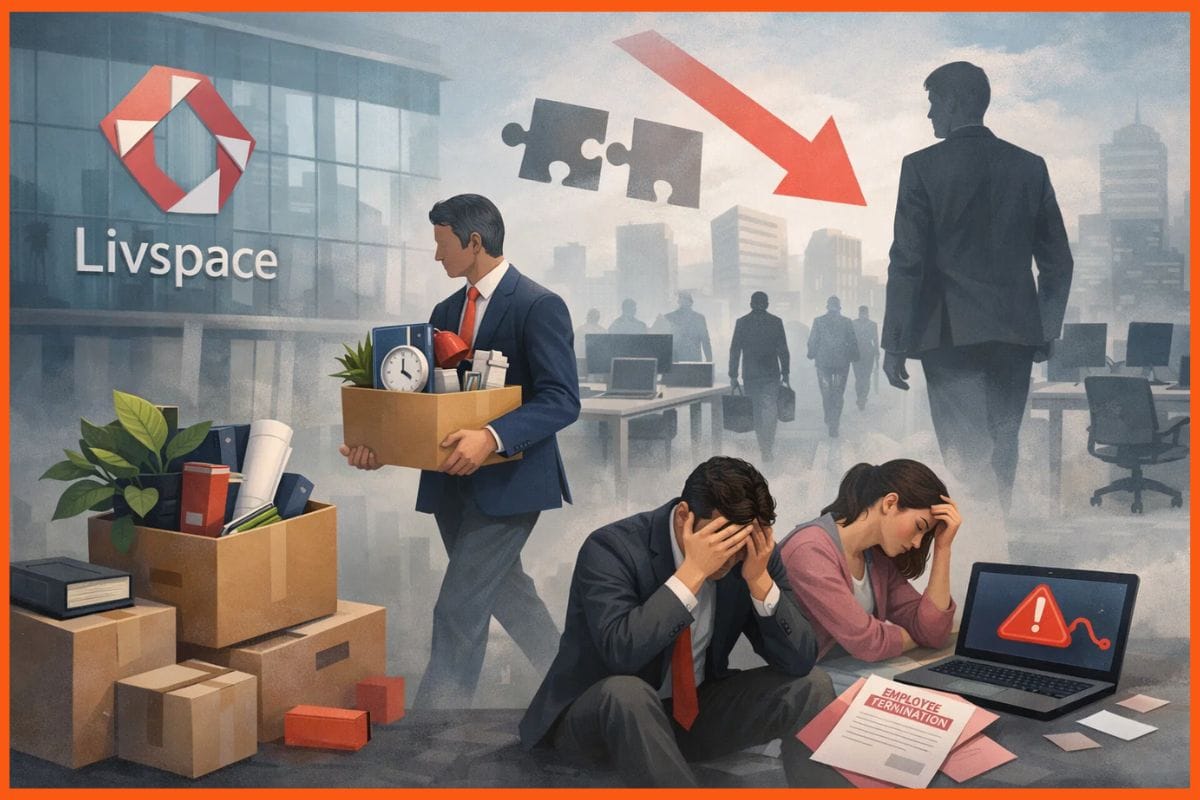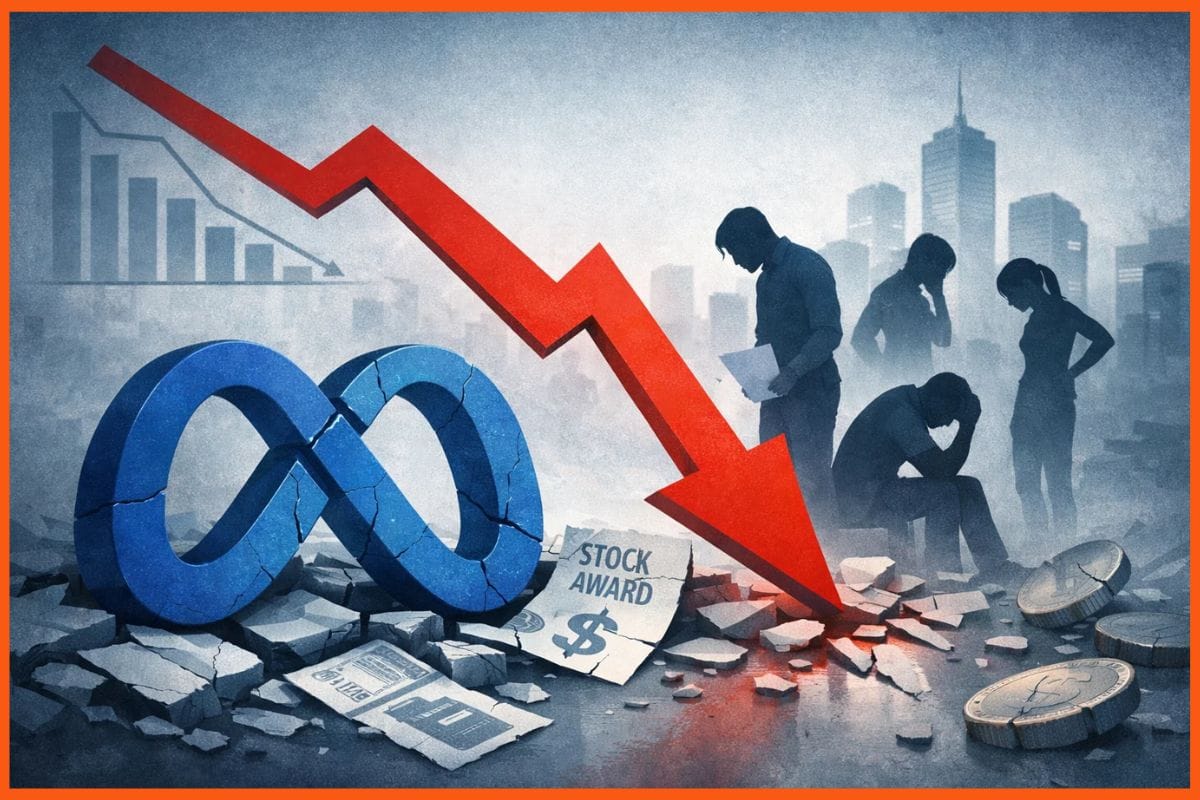The Dunzo Saga: From Humble Beginnings to Disrupting Delivery, with Twists Along the Way
🔍Insights
‘Dunzo karle!’ has now become a common phrase when it comes to delivering groceries and packages. How many companies can claim to have become synonymous with the products or services they offer? Bangalore-based fast delivery app Dunzo’s journey has been a rollercoaster ride like no other. Even now, Dunzo finds itself in the news for all the wrong reasons—layoffs and board members exiting. All eyes are now glued to this startup starlet’s next move; some are even secretly hoping that it could rise from the ashes like a phoenix!
In this article, we revisit Dunzo’s incredible story and explore what lies ahead for this unicorn startup.
How It Began
How's It Going
Layoffs and Exits
How It Began
Dunzo’s incredible story has a lot to do with its co-founder and CEO, Kabeer Biswas. Biswas was idling and doing nothing much after a stint at Airtel and a few startup ventures later. In 2015, he casually asked three of his friends on WhatsApp what they needed for the day while he ran from store to store to fulfill them. In three months, his customers had grown to 100 through positive word of mouth!
Soon after, Biswas and his team scaled up operations in several cities and registered blistering growth.
It even caught the eye of the big daddies of business across the globe. Reliance Retail picked up a 25.8% stake in the company, making it Dunzo’s single largest stakeholder. Meanwhile, Google chose Dunzo as its first direct investment in India. At present, Google is the second-largest stakeholder, at under 20%.
In its first year of operations, Dunzo dodged the typical startup obstacles, just like one of its delivery boys zigzagging on his bike, by clocking revenues of ₹0.8 crore. Since then, revenues have spiked to ₹67.7 crore in 2022.

Dunzo follows a hyperlocal model of business wherein the demands of the customer are sourced through local shops and on its app.
Quick commerce companies promise door-to-door delivery of essential grocery items at the doorstep of the consumer “quickly”. In Dunzo’s case, this was 19 minutes, to be precise. The COVID-19 pandemic further helped bolster Dunzo’s image. The pandemic elevated the Quick Commerce segment players as saviors. Millions of people stuck indoors were at the mercy of food delivery companies such as Dunzo for essential services.
In a market that was already dominated by delivery giants like Swiggy and Zomato, putting a foot in this sector would mean deep discounts and free deliveries to attract customers. Dunzo had officially bitten the quick commerce bullet. Dunzo’s losses were too huge to be ignored, at ₹464 crore in 2022, around two times what they were a year ago.
"Our best cities generate 14–15% of gross margins. We take that cash, literally a couple of crores a month, and plough it back into our new cities, where we still need to lose money for delivery because we don’t have enough order volume for the delivery cost to drop. But as the (volume) grows, the cost of delivery will drop, and it will start showing the economics that are showing in our most mature cities,” Biswas said in another media interview.
The cash being pumped into Dunzo from its investors didn’t help either.
Since its inception, Dunzo has already raised a massive ₹3,251 crore, according to data researcher Private Circle. This has been done through 12 rounds of funding.

How's It Going
With the world returning to normalcy after the pandemic, there has been a deep correction in the demand surge that Quick Commerce players experienced a few years ago. This has hit hyper-local players below the belt.
The freebies that Dunzo offered came back to bite Dunzo, and its business model had to be restructured. According to a report on Entrackr, Dunzo was losing ₹240 on each of its orders. The speed delivery app was left with no choice but to increase its speed delivery charges and slap additional handling charges onto the customer.
The backbone of Dunzo was its happy customers, who loved the delivery system and the user interface. Soon, there were signs of cracks in this backbone too, as many were not happy with the additional costs.
According to a survey conducted by market research firm Recogn in August–September 2021, only 11% of hyperlocal consumers prefer to use Dunzo. This is just a slice of the pie dominated by Zomato, which has 50% of consumer loyalty, followed by Swiggy at 35%.
Biswas had learned his lesson the hard way. In a media interview two years ago, Biswas said, “We understand why we are spending money, and we have been at fault. We have gotten lucky. We have made mistakes in which money got spent incorrectly, and I very humbly accept the fact that our investors were very nice enough to go ahead and say, haa galti ho gaya iss time (you made a mistake this time), but don't go ahead and do this mistake again.”
Layoffs and Exits
In the last few months, Dunzo has been on a massive organizational rejig, which may well be a planned one.
According to media reports, Dunzo has laid off 30% of its employees since its fund infusion in April and has deferred salaries as well. Dunzo is shutting down its dark stores nationwide; from 250, it is now less than 10. Dark stores are retail distribution centers that are not open to the public and cater solely to online shoppers.
Another report also talked about Dunzo’s plans to withdraw from its direct-to-consumer model and focus on its merchants, explaining why it was shutting down its dark stores.
In an interview with CNBC-TV18 in February this year, Biswas hinted at layoffs. "This year, there might be changes in the way we have designed the organization and how we have organized the company. Last year, we were organized around just plain growth. But this year onwards, I think because we have found a really large market, a large part of the organization looks at scalable business models, and a smaller one goes ahead and looks at growth. So when you go ahead and do that reorganization, there could be some changes that could happen.” Biswas has said.
Dunzo is also hoping for another round of fund infusions from its investors to the tune of around $20 million, which would pump some oxygen into the beleaguered company. However, it has been unable to garner funds due to valuation disagreements.
However, sirens have now started blaring, with co-founder Dalvir Suri exiting the board a few weeks ago. The latest to join the list of exitees is Head of Finance Sudarshan N, amid reports of another co-founder, Subhas Jha, also quitting.
The spate of bad news seemed to continue for the delivery company as board members Vaidhehi Ravindran from Lightrock and Rajendra Kamath and Ashwin Khasgiwala from Reliance Retail too seemed to have stepped down from the board, according to a newspaper report. The report further said that the members might resume the board once the company locks in another round of funding. The investors seemed to have shown Dunzo ‘the hand’ as far as additional funding.
Conclusion
Given its financial situation, Dunzo has little choice but to rejig its operations and look at other viable options that can keep the company afloat.
The layoffs could help the company with its cash crunch to some extent. Meanwhile, the company has now reportedly shifted focus to Dunzo Merchant Services, its direct business-to-business delivery vertical.
However, time is running short for Dunzo, as its investors would want to buy out the company at lower valuations, in case of irreparable damage. Reliance Retail has a track record when it comes to acquiring companies through distress sales. For instance, furniture retailer Urban Ladder and milk and grocery retailer Milk Basket that it acquired in 2020 and 2022 respectively.
A lot will depend on Biswas' leadership and how he navigates the company through these bumpy roads. Just like its delivery boys, this time around, Dunzo will have to ensure it delivers its worth on time or succumb to overbearing investors.
FAQs
What exactly does Dunzo do?
Dunzo is an on-demand delivery service operating in India. This company offers a wide range of items and services for delivery, catering to a variety of needs, all at competitive delivery rates.
Who are the founders of Dunzo?
Kabeer Biswas, Ankur Agarwal, Dalvir Suri, and Mukund Jha are the co-founders of Dunzo.
When was Dunzo founded?
Dunzo was founded in the year 2014.
Must have tools for startups - Recommended by StartupTalky
- Convert Visitors into Leads- SeizeLead
- Website Builder SquareSpace
- Run your business Smoothly Systeme.io
- Stock Images Shutterstock







